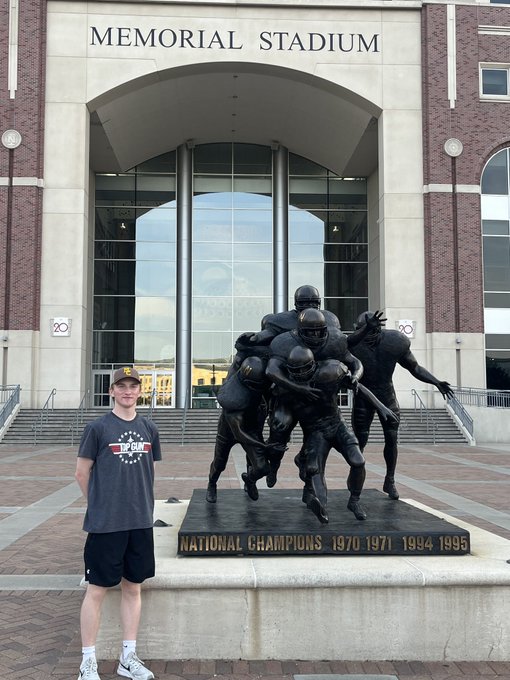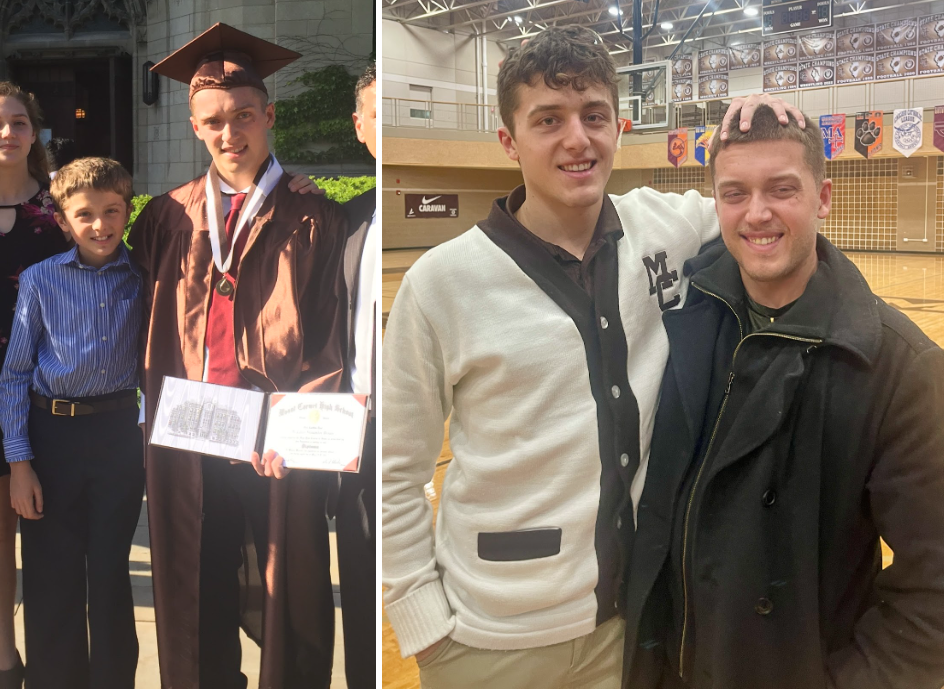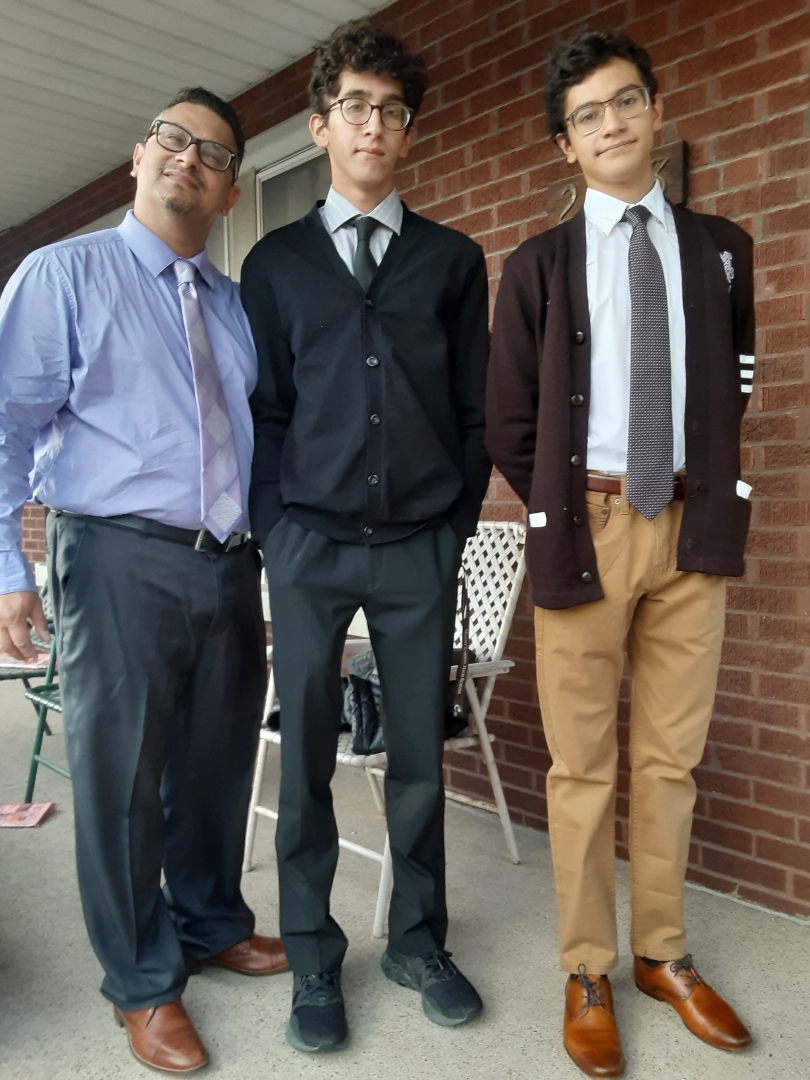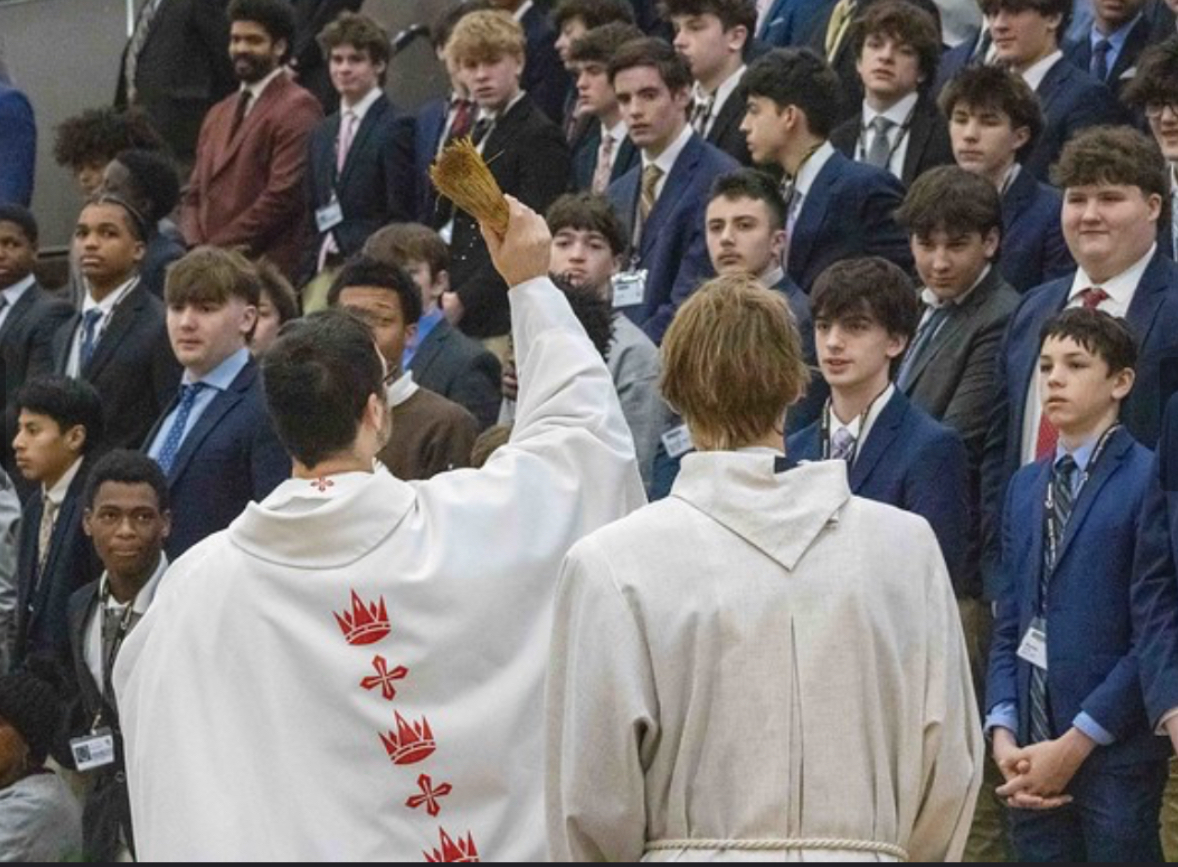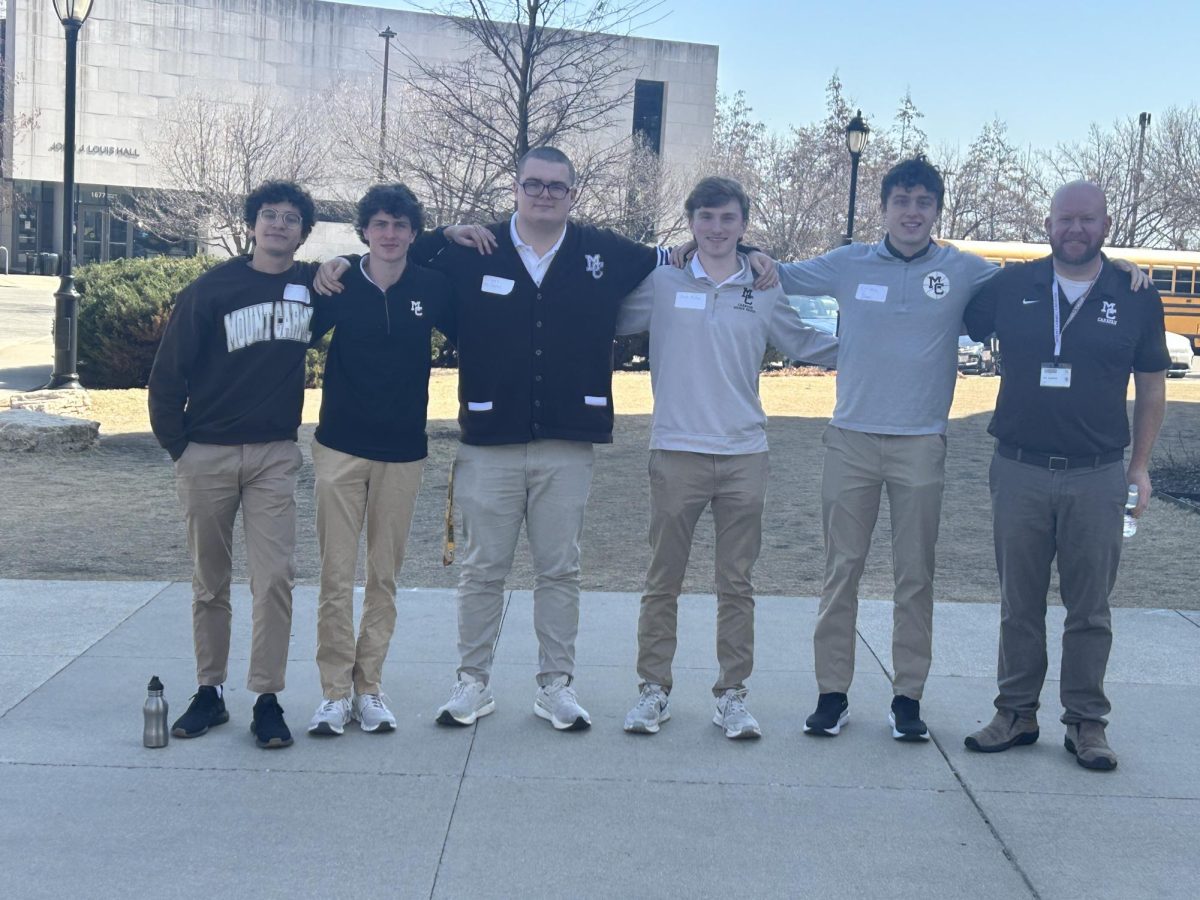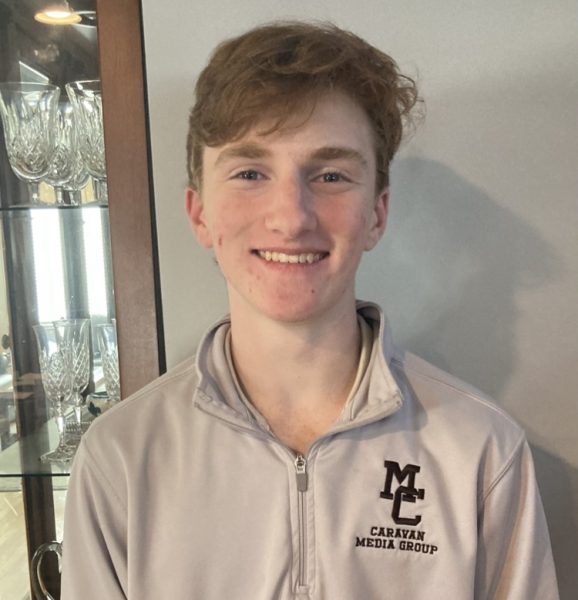It wasn’t that long ago when my fellow seniors and I started our college admissions processes.
Just over a year ago when we were easing into our junior year at MC, most of us were unsure of what school we would end up at for this upcoming fall of 2025.
Time has since passed, and we have completed our applications to schools that caught our interest, which means we can look back on how we got here and what steps we took to get an understanding of what our near futures would look like.
While not a mandatory part of the application process, college tours are certainly a common way to get a glimpse at what it’s like to be a college student.
Now that I’ve been on many tours myself, I figure I should pass down the knowledge and experience I gained to younger students at MC.
“There are a few things you should ask about when you’re on a tour,” said MC’s College Counselor Mrs. Kristina Luster. “The first one is location.”
Obviously, attending a school in the heart of New York City is a lot different than, say, in the middle of the Midwest.
While thinking about a school’s location may seem simple or something that shouldn’t be considered as heavily as other factors, I would advise all younger students that they take time to actually think about what their living situation would be like.
One should remember that where a school is located will heavily influence their lifestyle in college.
A tour guide and other ambassadors that are part of your tour can tell you all about where they live and how their surroundings have affected their college experience.
There’s only so much you can take away from a school by exploring it online. Asking a tour guide in-person about their dorm life, nearby amenities in town, and overall location in the state are potential questions you can ask your guide at the start of the tour.
Where a school is located should not be an afterthought, and neither should be the school’s size.
“The size of the school is also very important,” said Mrs. Luster. “And there isn’t really a right or wrong. This is all based on preference.”
Both the actual physical size of a school and size of the student body are important things to consider when looking at schools.
Knowing not only where in the country a school of interest is but also how many students go there is important for guys at MC with college aspirations to consider when starting their process.
If you’re someone that likes to know your professors personally and talk or receive help from them on a consistent basis, then a school with 72,000 students such as Texas A&M University probably isn’t the right fit for you.
When on a college tour, your guide will most likely tell you the average class size at their university, but I highly suggest asking more questions that are specific to your major of interest.
While on my tour to the University of Nebraska-Lincoln (UNL), I asked my tour guide what class sizes were like. They told me that I would have a few lectures my freshman year with hundreds of students, but after that my class size would be around thirty kids studying something very similar to my major.
There’s a good chance that your guide majors in an area of study you are interested in, which the university knows because of the form you filled out when signing up for the tour.
Something that allowed me to differentiate between UNL and the University of Missouri, the two schools I am currently most interested in, was the size of specific colleges on campus.
Both schools have respected journalism programs, which is the area of study I want to go into, but UNL clearly had a lot less students in that area of study.
After talking to my tour guide about this in deeper detail, I learned that the College of Journalism and Mass Communications was the second smallest college on campus.
If I hadn’t asked that question and struck up a conversation about class sizes, I wouldn’t have the information I currently have right now, which is greatly impacting my decision on where I’ll be this fall.
While journalism is what I want to study as of right now, for all I know that could definitely change in the near future.
In fact, while on my tour at UNL, I asked our tour guide about what it would be like to switch majors, and they said that on average a student will change their major at least two times while at the university.
“Let’s say you’re interested in computer science,” said Mrs. Luster. “You probably want to make sure there’s two or three other majors there that you’re interested in so that you don’t have to transfer if you don’t end up wanting to be in computer science anymore.”
A school’s website can give you plenty of statistics and facts on certain majors, but a tour guide will give you personalized responses based on their own experiences as a student at that school.
This goes for both location and size, but perhaps the factor that you can get the most personalized responses about is the school’s culture.
“This is something that’s more specific for Mount Carmel students,” said Mrs. Luster. “Because we have such a strong sports culture here, it’s important to know what the school spirit is like at a university. Is it going to match MC’s? I have students every year that come back and tell me they didn’t realize what the school spirit was like at Mount Carmel until they got to college.”
Every school is going to share information on their website and pamphlets about activities for students, but actually asking a tour guide what they’ve done school spirit-wise has given me a lot of insight as to whether or not I could see myself buying into a specific school’s culture.
Do people go to football games? What’s homecoming like? Is there even a homecoming here? How often are there activities at the student union?
Simple questions like these can start valuable conversations with a tour guide that can lead to more conversation topics about the overall culture at a school.
While Mrs. Luster and I can touch on the importance of asking about location, size, and culture at a school, we obviously aren’t the only ones at MC that have been on and reflected about college tours.
Take it from other students who have been greatly impacted by tours.
“My tour at UNLV (The University of Las Vegas) was very impactful,” said senior Gilbert Edmond. “It got me a feel for the campus and what kind of kids go there. Also, the facilities were nice which really motivated me to pursue hospitality management there.”
Edmond’s tour at UNLV allowed him to talk to many students that share the same interest in his major. These conversations even sparked a thought about what could happen after graduating from university.
“UNLV being so close to the Las Vegas strip means it’s accessible to a lot of jobs for my major,” said Edmond. “It’s going to be easier to find a job or internship.”
Edmond isn’t the only senior that’s been impacted by college tours.
“You get to know the environment of the campus,” said senior Tyler Morales. “You’re going to be there for four years, when on the tour you want to get to know the culture as much as possible.”
If you’re a junior starting up your college admissions process or even a freshman with little experience regarding college tours in general, just remember that focusing on the location, size, and culture of a school are very important.
Asking questions and talking to your tour guide is essential in getting the most out of your college tour.
“When I’ve gone on tours there were a lot of things I was thinking about,” said senior Landon Johnson. “The biggest thing for me was that I felt like the school had to have some life to it. I just kept looking out for that.”

